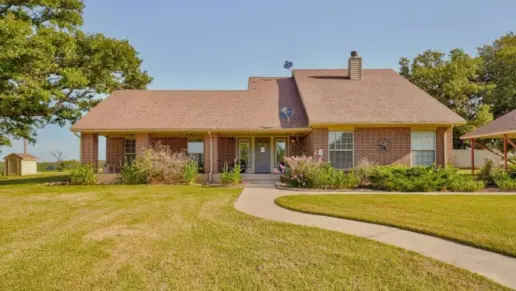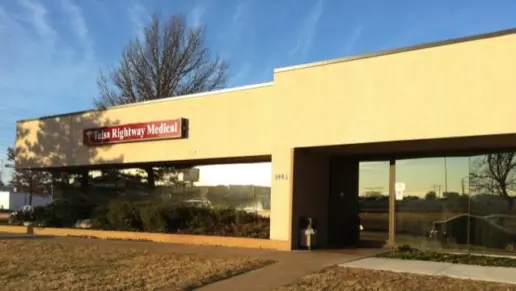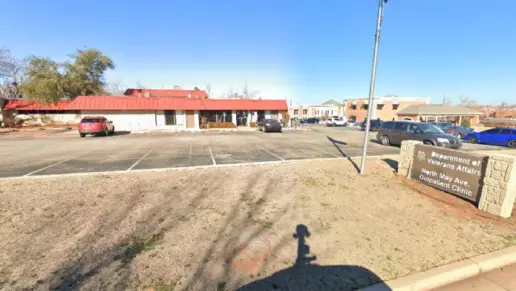Has miraculously helped me staff and facility is excellent never seen such a change for the better in me I give my thanks to this facility wow this is an experience trying to leave a review it wants 200 characters
About GRAND Mental Health Bartlesville
Grand Lake Mental Health Center is a Bartlesville, Oklahoma, alcohol and drug rehab with intensive outpatient programs (IOPs) and outpatient care. They serve adults, youth, and children, offering evidence based treatment for alcohol, drug, opioid, co occurring, and gambling disorders. They offer peer support groups, medication assisted treatment (MAT), and specialized programs for children, adolescents, pregnant women, Veterans, and court ordered individuals.
The 12 week intensive outpatient program (IOP) provides structured care to people who prefer to attend treatment while residing at home. Participants receive group, individual, and family therapy, incorporating the Living in Balance, Matrix Model, and Community Reinforcement Approach curricula. They can also access peer support, virtual and crisis services, and case management.
With outpatient care, clients can reside at home while receiving treatment. Grand Lake Mental Health Center offers diverse outpatient programs with similar therapeutic interventions as their IOP to support individuals, parents, and youth. Their parenting program helps parents achieve sobriety and rebuild relationships. They also have an Adolescent Community Reinforcement Approach (A-CRA) program for youth and young adults aged 13-25.
Integrating MAT with evidence based behavioral therapy can benefit clients with severe opioid addictions. Addiction specialists administer medications to help clients manage cravings and withdrawal symptoms to achieve sustained recovery.
Grand Lake Mental Health Center works with Beacon, Humana, Medicaid, BlueCross BlueShield, HealthChoice/PSI, Medicare, and SoonerCare to cover treatment costs to some degree. Contact your provider to verify your insurance. Out of network benefits often vary.
Latest Reviews
Rehab Score
Gallery
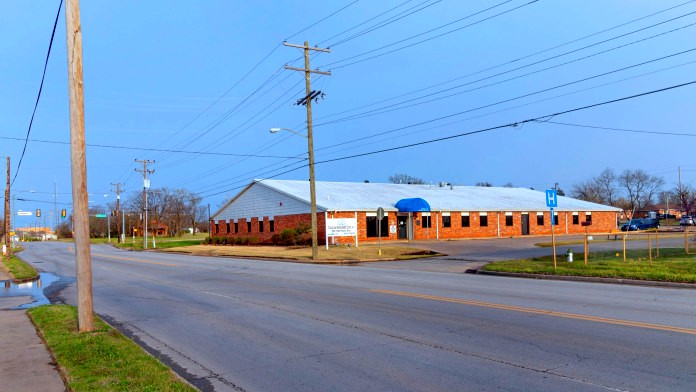

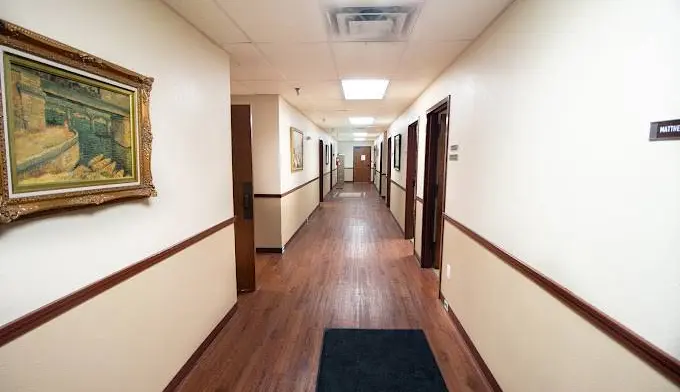
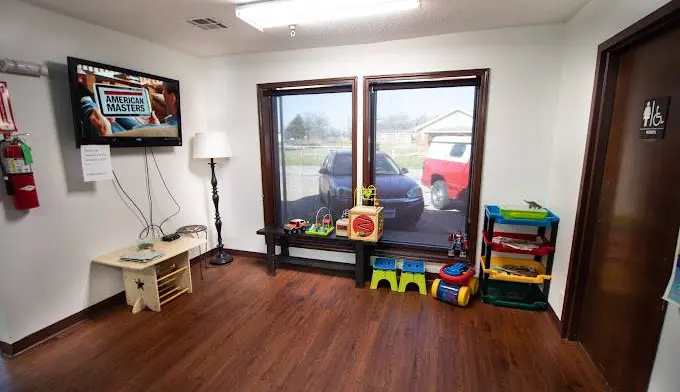
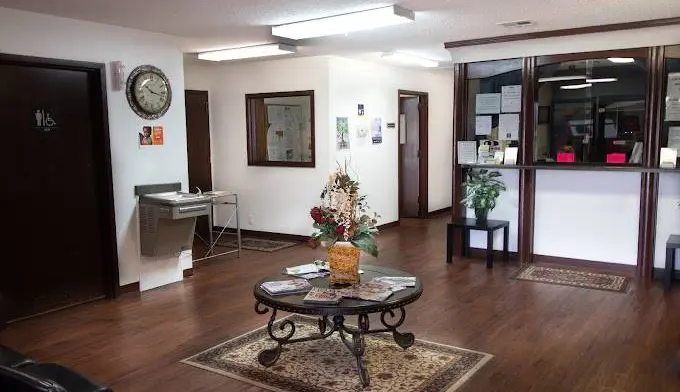
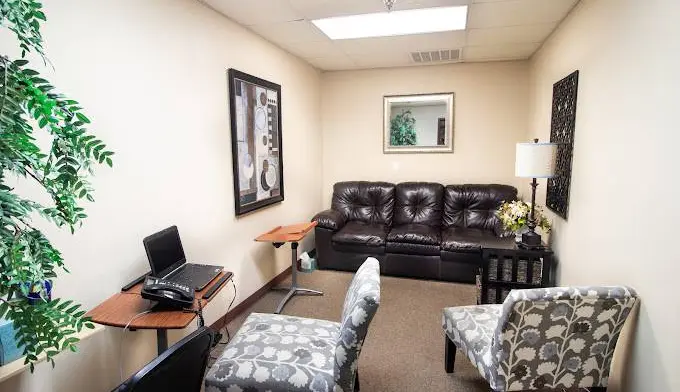
Location
Accepted Insurance
Other Forms of Payment
Private insurance refers to any kind of healthcare coverage that isn't from the state or federal government. This includes individual and family plans offered by an employer or purchased from the Insurance Marketplace. Every plan will have different requirements and out of pocket costs so be sure to get the full details before you start treatment.
Self-pay involves paying for treatment out of your own pocket. You can use savings or credit, get a personal loan, or receive help from family and friends to fund your treatment. If you don't have insurance or your insurance plan doesn't cover a specific program, self-pay can help ensure you still get the care you need.
Medicare is a federal program that provides health insurance for those 65 and older. It also serves people under 65 with chronic and disabling health challenges. To use Medicare for addiction treatment you need to find a program that accepts Medicare and is in network with your plan. Out of pocket costs and preauthorization requirements vary, so always check with your provider.
Military members, veterans, and eligible dependents have access to specific insurance programs that help them get the care they need. TRICARE and VA insurance can help you access low cost or no cost addiction and mental health treatment. Programs that accept military insurance often have targeted treatment focused on the unique challenges military members, veterans, and their families face.
Medicaid is a state based program that helps lower-income individuals and families pay for healthcare. Medicaid covers addiction treatment so those enrolled can use their coverage to pay for rehab. When a program accepts Medicaid the client often pays very little or nothing out of their own pocket.
Addiction Treatments
Levels of Care
Treatments
Many of those suffering from addiction also suffer from mental or emotional illnesses like schizophrenia, bipolar disorder, depression, or anxiety disorders. Rehab and other substance abuse facilities treating those with a dual diagnosis or co-occurring disorder administer psychiatric treatment to address the person's mental health issue in addition to drug and alcohol rehabilitation.
Mental health rehabs focus on helping individuals recover from mental illnesses like bipolar disorder, clinical depression, anxiety disorders, schizophrenia, and more. Mental health professionals at these facilities are trained to understand and treat mental health issues, both in individual and group settings.
Programs


Clinical Services
Cognitive Behavioral Therapy (CBT) is a therapy modality that focuses on the relationship between one's thoughts, feelings, and behaviors. It is used to establish and allow for healthy responses to thoughts and feelings (instead of unhealthy responses, like using drugs or alcohol). CBT has been proven effective for recovering addicts of all kinds, and is used to strengthen a patient's own self-awareness and ability to self-regulate. CBT allows individuals to monitor their own emotional state, become more adept at communicating with others, and manage stress without needing to engage in substance abuse.
Group therapy is any therapeutic work that happens in a group (not one-on-one). There are a number of different group therapy modalities, including support groups, experiential therapy, psycho-education, and more. Group therapy involves treatment as well as processing interaction between group members.
In individual therapy, a patient meets one-on-one with a trained psychologist or counselor. Therapy is a pivotal part of effective substance abuse treatment, as it often covers root causes of addiction, including challenges faced by the patient in their social, family, and work/school life.
Motivational interviewing may be used on its own or in conjunction with other treatment approaches. It is designed as a mode of communication rather than an intervention. It involves asking questions, listening, and encouraging clients to come to their own conclusions and feel empowered to make changes in their lives.
Trauma therapy addresses traumatic incidents from a client's past that are likely affecting their present-day experience. Trauma is often one of the primary triggers and potential causes of addiction, and can stem from child sexual abuse, domestic violence, having a parent with a mental illness, losing one or both parents at a young age, teenage or adult sexual assault, or any number of other factors. The purpose of trauma therapy is to allow a patient to process trauma and move through and past it, with the help of trained and compassionate mental health professionals.
Research clearly demonstrates that recovery is far more successful and sustainable when loved ones like family members participate in rehab and substance abuse treatment. Genetic factors may be at play when it comes to drug and alcohol addiction, as well as mental health issues. Family dynamics often play a critical role in addiction triggers, and if properly educated, family members can be a strong source of support when it comes to rehabilitation.
Staff
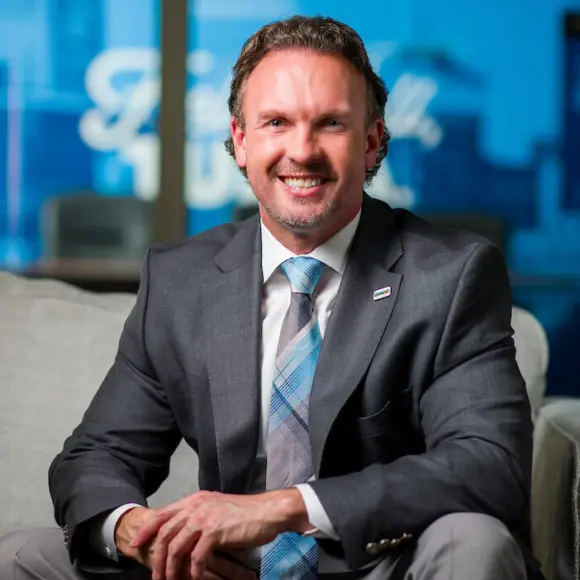
CEO
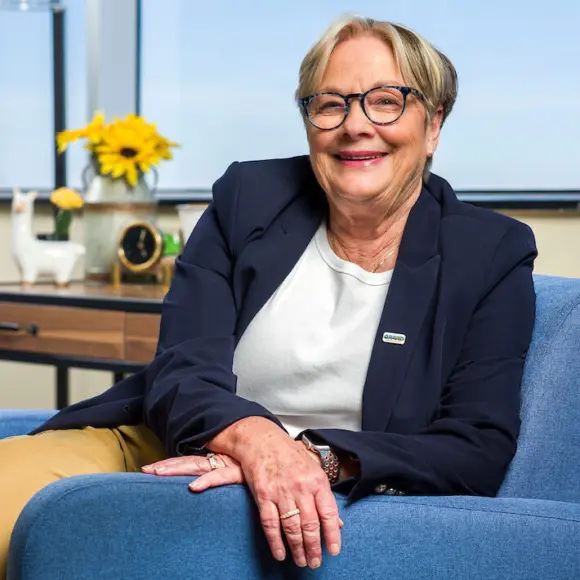
Chief Continuous Quality Improvement Officer
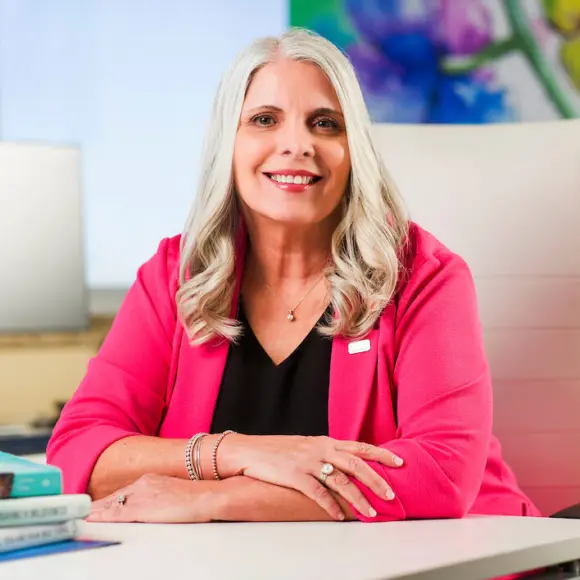
Chief Facilities And Maintenance Officer
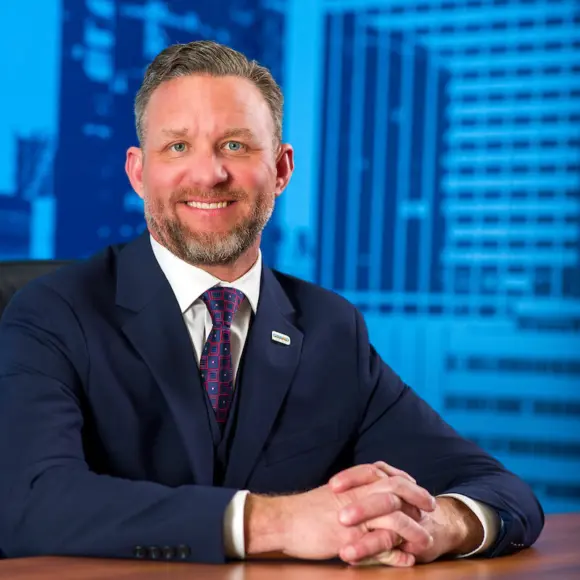
Chief Administrative Officer of Tulsa
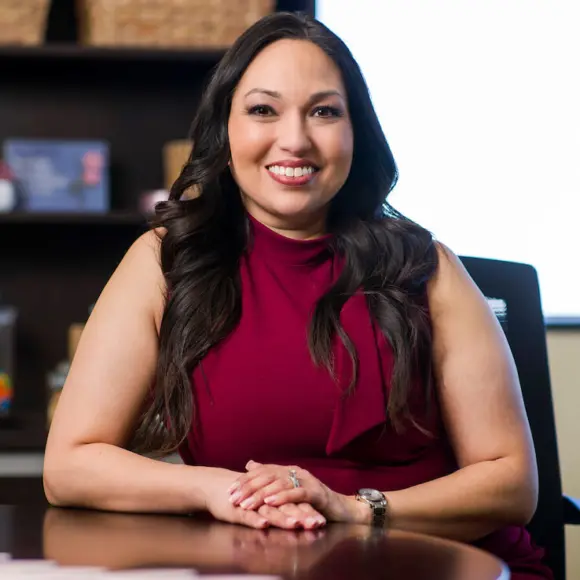
Chief Clinical Officer of Tulsa
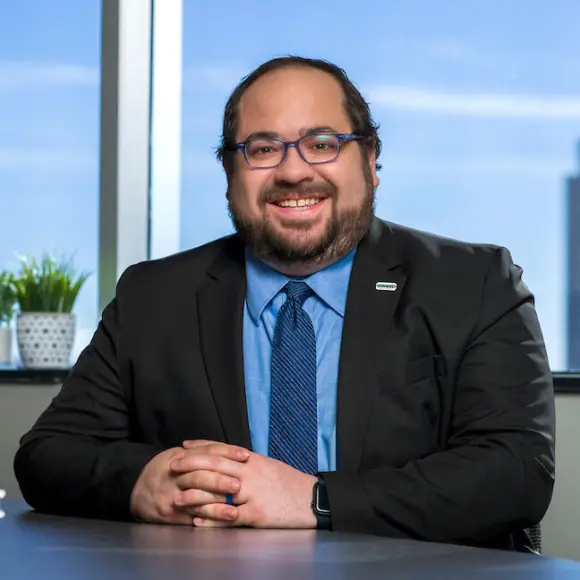
Chief Clinical Officer of Crisis Services
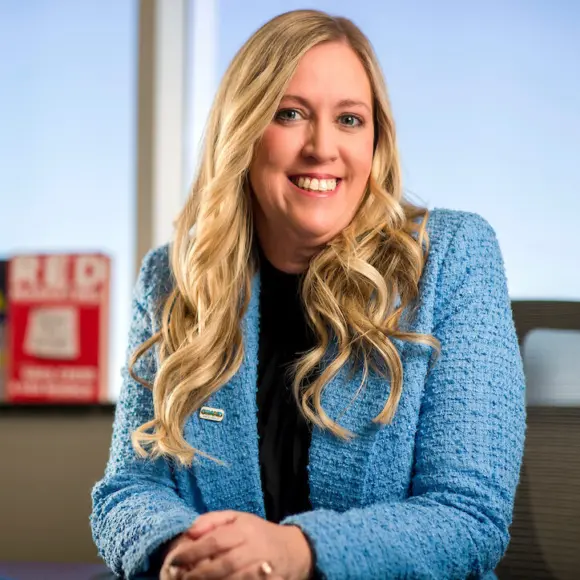
Chief Human Resources Officer
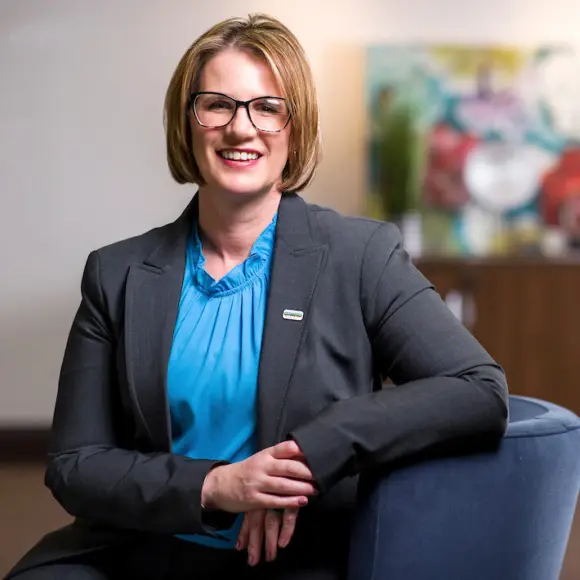
Chief Administrative Officer of Northeast & North Central
Contact Information
700 South Penn Avenue
Bartlesville, OK 74003



